Apple had its usual March event with its usual hardware updates. But, it was also the start of a new type of Apple event launching many new Apple services.
Let's just cut straight to it. Yes, Apple launched a plethora of new hardware updates in March 2019, and yes, it started huge new services in Apple News+ and Apple TV+. But it also canceled AirPower, so Apple is doomed.
The cancellation of Apple's wireless charging mat was unusual. We know of projects that had been killed off over the years, but this was an extremely rare case of the cancellation being public.
You can argue — and many people did — that Apple's mistake was in giving a sneak peek at the AirPower back in September 2017.
We do seem to get more sneak peeks from Apple than we used to, but you have to assume that the company was certain it was going to release AirPower. That confidence appeared to falter during 2018 when all mention of it was abruptly wiped from Apple's website.
That confidence briefly bounded back in March 2019, though, and AirPower even came back to the website — or at least to the Apple Australia site. Briefly.
At the same time, multiple reports from the supply chain said it was coming, it was coming in March, and it was coming in volume.
These were credible reports, and they were backed up by references in a beta of iOS 12.2 that were discovered on March 19. Ten days later, though, it was over.
Dan Riccio, Senior Vice President of Hardware Engineering, sent a statement to AppleInsider and other venues which read, in part:
After much effort, we've concluded AirPower will not achieve our high standards, and we have canceled the project. We apologize to those customers who were looking forward to this launch. We continue to believe that the future is wireless and are committed to push the wireless experience forward.
If this taught us that you can't rely on even the best rumors, it probably also showed Apple that there is enormous demand for a mat that can wirelessly charge an iPhone, Apple Watch, and AirPods.
And there's seemingly nothing Apple can do to address that market. That doesn't mean there aren't Qi charging options from other vendors, though, and AppleInsider rounded up the best.
But back to what did come out
We could kiss AirPower goodbye this month, but we could also welcome new hardware updates — and so many of them.
It's far from unusual for Apple to release new hardware in March, and it's also common for the company to have an event then, too. It's just that this time, the releases and the event were two separate things.
In the week leading up to Apple's "It's Show Time" event on March 25, the company pumped out release after release.
We had a new iPad Air, new iPad mini, iMacs, and new AirPods. We got new Watch bands, and Apple brought out new iPhone cases too. Then, it announced a revamp to its iWork suite of Pages, Numbers, and Keynote.
It would've made an excellent presentation and would even been one of the few that brought updates across such a broad range of hardware from AirPods to desktop Macs.
Instead, it was a series of press releases. In the case of the updated iMacs, Apple didn't even send out the release first, it quietly updated the website.
It was a concrete sign of change at Apple. Previously everything was centered on hardware releases, but this time the devices were got out of the way ahead of an event. It was the event that launched Apple News+, Apple TV+, Apple Arcade — and Apple Card.
New services
The March 25 event started out looking like every other Apple presentation, but it became less like a Steve Jobs-era keynote and more like what the television industry calls the upfronts.
The upfronts are the annual gathering where network television hypes up all its new shows to advertisers, hoping to get them to buy ad time the following fall.
Here Apple had no advertisers to woo, but it used the same techniques of presenting sizzle reels or short promo videos for show after show on the forthcoming Apple TV+. It had speeches by some of Hollywood's biggest names from Steven Spielberg to Oprah Winfrey.
Other than the names of shows that would be launching on the service, most of which we already knew, the only actual detail revealed was the name. Apple TV+ was coming, and it would be coming later in the year.
At this point, Apple didn't give a specific date and it didn't reveal pricing for another six months.
Tim Cook also neglected to mention a price for another of this event's services, the gaming platform Apple Arcade.
About Apple Card
In a way, Apple Card was the closest thing to a regular Apple release. It's even hardware if you count the titanium card itself.
We would come to learn much more about it over the following months, but one detail glossed over at the presentation was just when exactly Apple Card was coming out.
Here and now
Apple used to be famous for revealing a product and ending the presentation with the words "Available Today." In this case, the single thing revealed and also released at the March event was Apple News+.
Built on the Texture third-party service — which Apple bought and now closed down — this was an extension to the regular Apple News app and service.
Alongside headlines from news sites, you could pay one monthly fee of $9.99 US or $12.99 Canadian to read full issues of magazines.
"We wanted to create the best reading experience ever on a mobile device," said Apple's Vice President of Applications, Roger Rosner, after the event. "Apple News+ will bring over 300 titles."
It sounds like a lot, but some publishers were refusing to join in because of Apple's steep cut of the profits.
Nonetheless, Apple championed its news service, launched its game platform, and talked up its new television ambition in what was easily the most star-studded event the company has ever held.
Add that to the plethora of significant hardware updates it released beforehand, and you have to imagine that Apple was feeling pretty good in March 2019.
But speaking of China
There was still China, though, and trade tensions with the US that were or could be about to affect Apple directly. Although for a time there, Tim Cook had successfully lobbied the White House to help Apple dodge trade problems.
Presumably, as part of Apple's orchestrated plan to revive sales in China, local stores again introduced price cuts. This time the iPhone XS Max was being cut by up to $250.
Yet, if that was done because previous cuts had helped, this time it didn't appear to be the immediate fix that Apple presumably wanted. Instead, reports were that iPhone interest in China was going "from bad to worse," according to suppliers.
It was bad enough that some of those suppliers were branching out to find other customers than Apple.
But then analysts were seeing Apple's situation recovering — and Samsung revealed that it wasn't only Cupertino that was having problems around the world.
Problems at home, too
Apple was being hit in the US on a few different sides during this month, mainly where its App Store was concerned.
Spotify went on a PR campaign against the App Store, with founder Daniel Ek saying that Apple's charging 30% was wrong, and going so far as to lodge a formal anti-competitive complaint against the company in Europe.
Apple agreed that the 30% was wrong, but more because it's actually 15%. In a rare public response, Apple pointed out that after the first year, it charges 15% for subscriptions that are sold via the App Store. It charges nothing if you subscribed through any other route — and, besides, the giant majority of Spotify users are on the free tier and so pay nothing to either Spotify or Apple.
That last may have been a bit of a dig on behalf of Apple Music. All told, though, it was a bald point-by-point rebuttal.
Let's be clear about what that means. Apple connects Spotify to our users. We provide the platform by which users download and update their app. We share critical software development tools to support Spotify's app building. And we built a secure payment system — no small undertaking — which allows users to have faith in in-app transactions. Spotify is asking to keep all those benefits while also retaining 100 percent of the revenue.Spotify wouldn't be the business they are today without the App Store ecosystem, but now they're leveraging their scale to avoid contributing to maintaining that ecosystem for the next generation of app entrepreneurs. We think that's wrong.
At the same time, the App Store became the target of politics, too.
Senator Elizabeth Warren talked about breaking up big tech companies, and she named Amazon, Facebook, and Google.
Only, her definition of big tech completely described Apple, too, so she was asked about this. In a demonstration of well-considered, long-term political analysis, she effectively said sure, Apple too, why not?
Senator Warren did get more specific about Apple, using a speech at SXSW to explicitly say she was targeting the App Store. "Either they run the platform, or they play in the store. They don't get to do both at the same time."
That does ignore the entire issue that Apple's running the App Store means it can keep it secure, but then the Senator appears to have ignored that too.
Speaking of security
Another month, another round of security problems. We may be being unfair here, but by March 2019, it seemed like it was also a case of another month, another Facebook security problem.
While founder Mark Zuckerberg was raising his hand and proclaiming that Facebook was now "privacy-focused," cynics might have wondered if he were also crossing his fingers.
For just days before he made announcements about privacy, Facebook was revealed to be a little lapse with your phone number. The phone number used for two-factor authentication on the site could seemingly be found by a simple search.
Fortunately, that was the only Facebook security problem — for about two weeks. Later on in March, the company was revealed to have stored "hundreds of millions" of unencrypted passwords on internal servers.
Yes, but apart from that, privacy was paramount at Facebook — and it's just rotten that the federal government began a criminal investigation into the company's allegedly allowing firms access to our personal data.
Apple didn't get to gloat much as two security problems were discovered in Safari this month.
However, Apple did divert its attention away from all the Apple TV+ promotions to also make sure you knew it was genuinely concerned about privacy.
The most public sign of this was in a new ad campaign called "Privacy. That's iPhone."
But there was also another move, somewhat more secretive. For some reason, and so far no one knows quite why, Apple registered the domain name privacyisimportant.com in March. It also registered it in different domains for some different countries, but what it didn't do was put anything there.
You'd think that there would at least be a landing page. You'd think there could be a note about privacy on it, signed by the CEO that President Trump this month called Tim Apple.
Keep up with AppleInsider by downloading the AppleInsider app for iOS, and follow us on YouTube, Twitter @appleinsider and Facebook for live, late-breaking coverage. You can also check out our official Instagram account for exclusive photos.
 William Gallagher
William Gallagher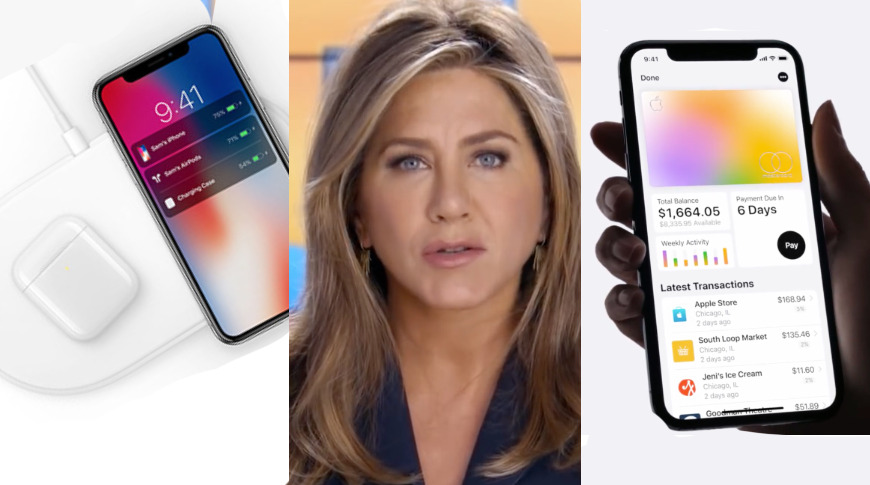
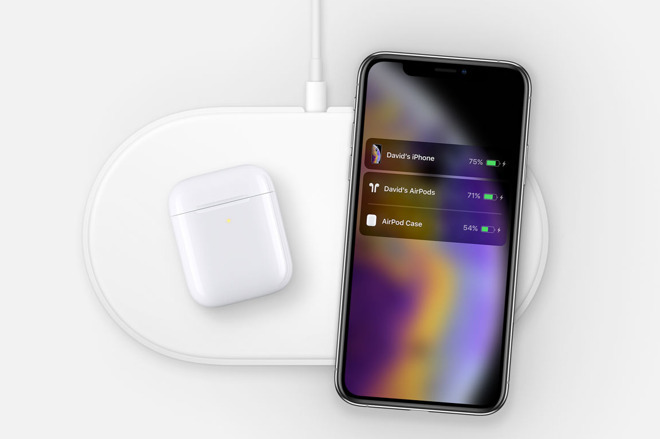
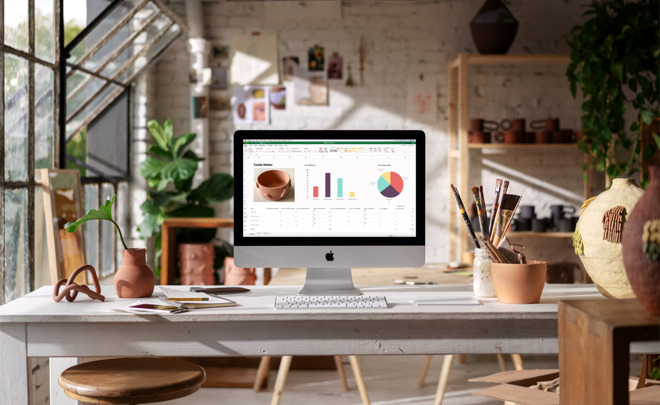
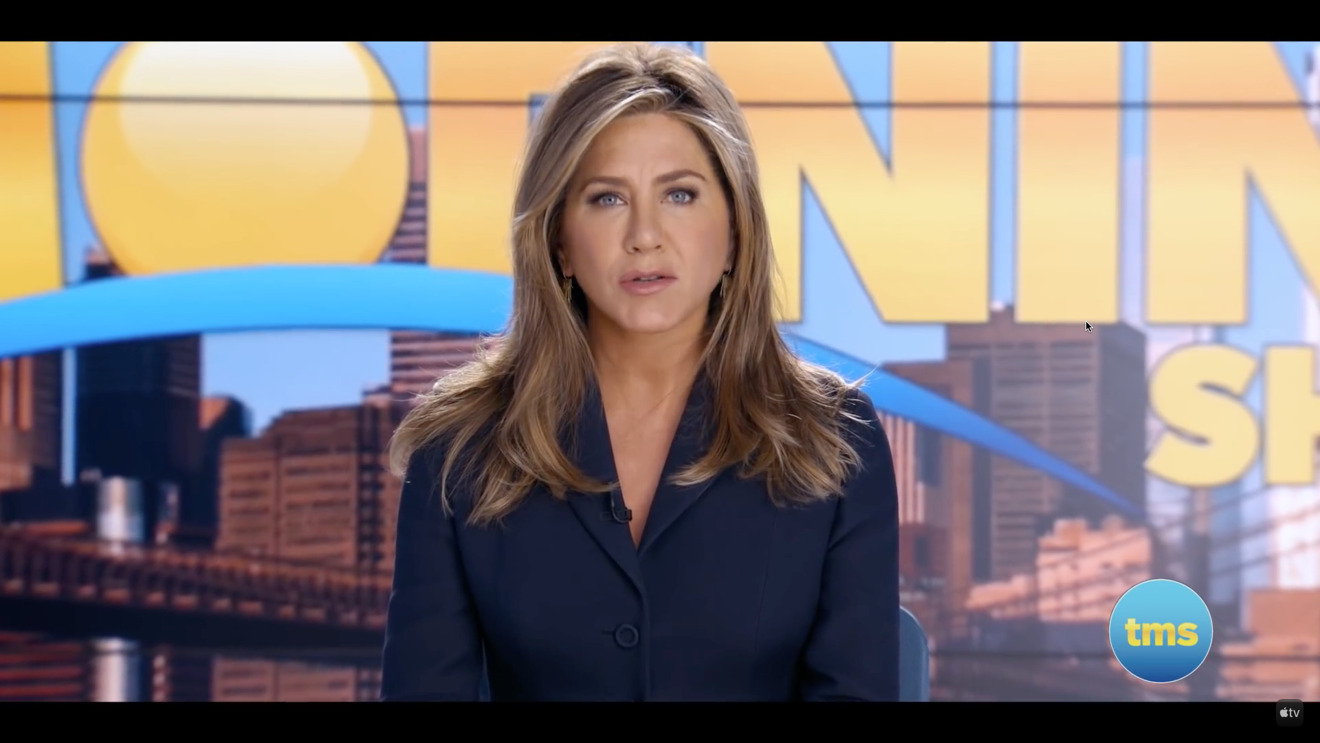
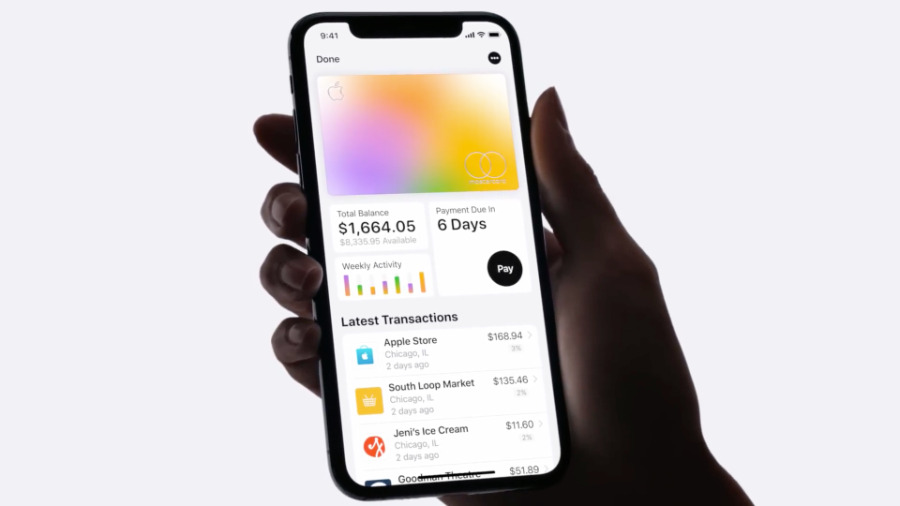
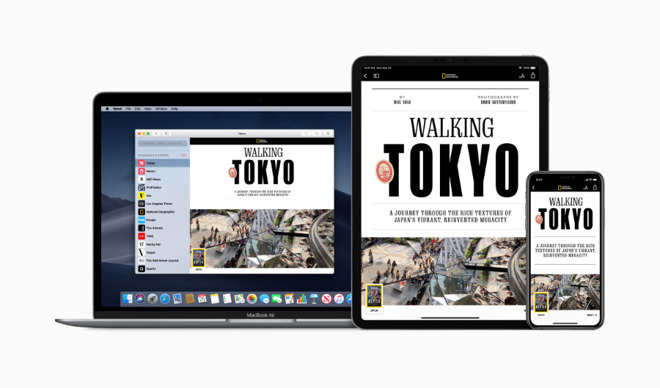
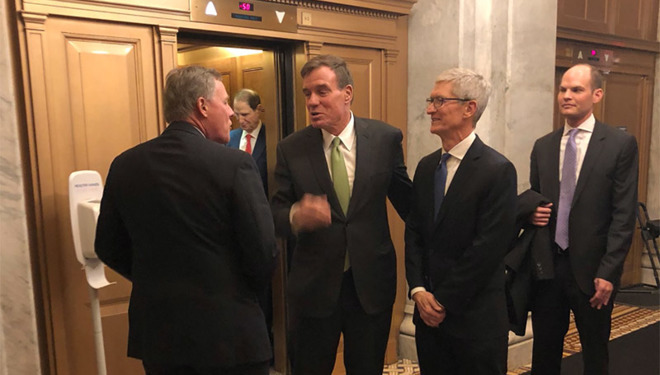
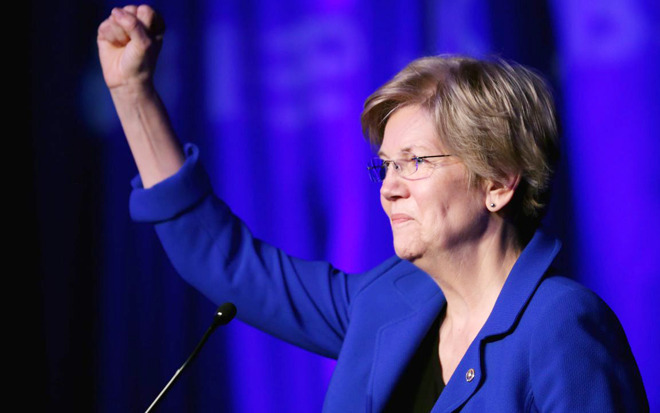







-m.jpg)






 Charles Martin
Charles Martin
 Christine McKee
Christine McKee
 Wesley Hilliard
Wesley Hilliard
 Malcolm Owen
Malcolm Owen
 Andrew Orr
Andrew Orr

 Sponsored Content
Sponsored Content








7 Comments
Does Samesung not have their own CC yet?
With Apple dropping captain air power why does it continue to make phones with glass backs?
There're a variety of possible different reasons Airpower could have been cancelled, such as being overpriced.